Disorders of this gland are frequent but “hide” in unclear symptoms. The first thing is to go to the doctor; the second, take care of what you eat.
SYMPTOMS TO BE ALERT
A hoarseness that takes weeks – or even months – to disappear, feeling very tired as soon as you wake up, noticing that no diet (however healthy and balanced it is) makes you lose weight, never sweat, have a swollen face or suffer constipation. be warning you that your thyroid gland (located in the neck) is working at a slow pace.
- The hypothyroidism, in all its versions, is very common nowadays and experts know that there are a lot more affected than women who have already been diagnosed.
- If you notice several of the symptoms that we mentioned at the beginning, go to your doctor and, as a precautionary measure, be especially careful with the food and habits that we explain on these pages. We advance that the first food to reduce is soy. Its isoflavones prevent, especially from the age of 50, that your body makes thyroid hormones.
Keep in mind that many hypothyroidism are detected from the age of 50: some symptoms are often confused with signs of menopause.
1/7 Coffee in moderation
Drinking two cups a day brings you multiple benefits, even improves your circulation.
- But if you have hypothyroidism (your thyroid is slow) and you are taking medication, do not mix the drug with coffee because it prevents its absorption. Allow at least two hours to pass.
- You should also not mix if you usually take antacids or iron or calcium supplements.

2/7 Peanuts, very few
Peanuts are one of the foods that have goitrogens , substances that are naturally found in various foods and that interfere with the function of the thyroid gland. This means that they can stop the thyroid from making the right hormones.
- What you should remember is that they have a goitrogenic effect, like soy. You should also reduce its consumption since it has antithyroid action and, in addition, they favor the elimination of thyroxine (T4) through the faeces. This recommendation also works for isoflavone supplements.
- The problem is in the husk, so take them with caution and peel them off.
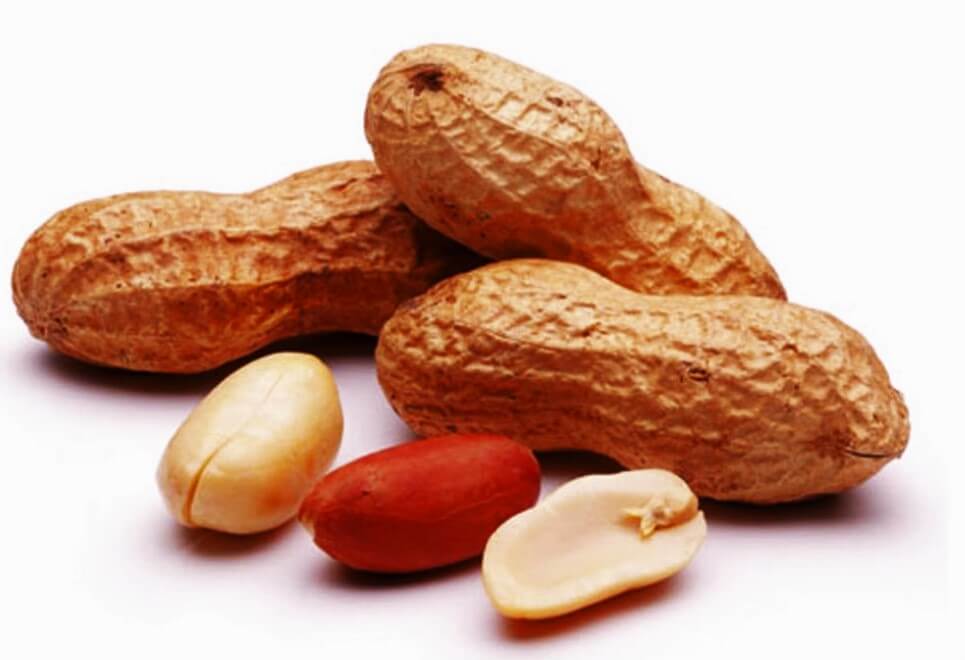
3/7 Gluten, yes or no?
Some studies have associated gluten and hypothyroidism.
- If you have thyroid problems, reduce your gluten intake and choose cereals that do not contain this protein: rice (better whole grain), quinoa, corn …
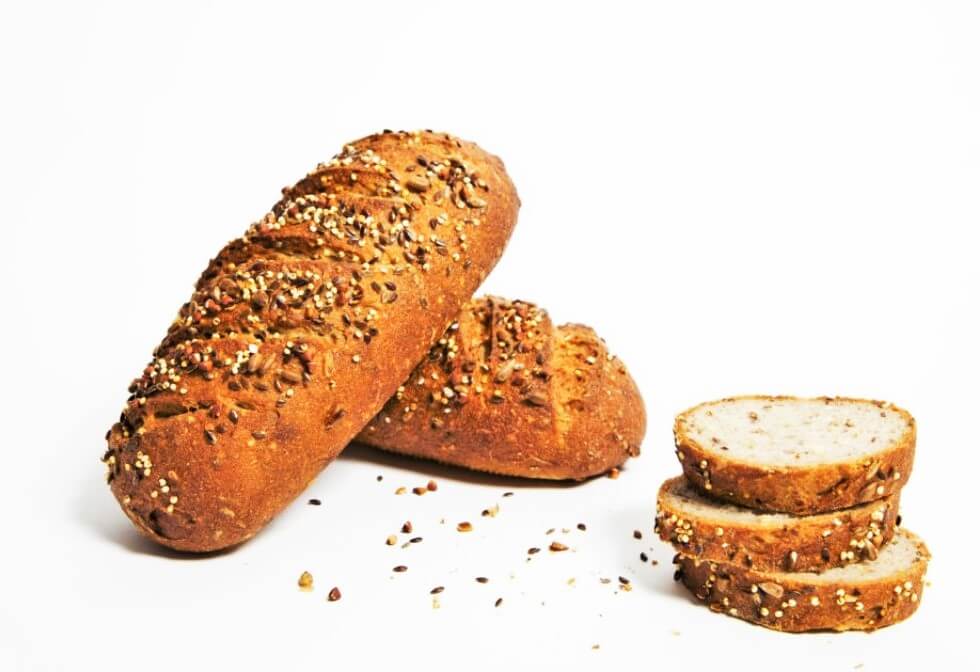
Read also:what foods good for high blood pressure
4/7 Cabbages, always steamed
Cruciferous should not be dispensed with because they are a great food, but … What is not convenient is to take them raw .
- More and more people consume them uncooked because they are satiated and their stomach assimilates them well. However, this type of vegetable contains compounds with a goitrogenic effect.
- In case of hypothyroidism, it should be taken moderately and always cooked .
- The same recommendation applies to broccoli, Brussels sprouts …
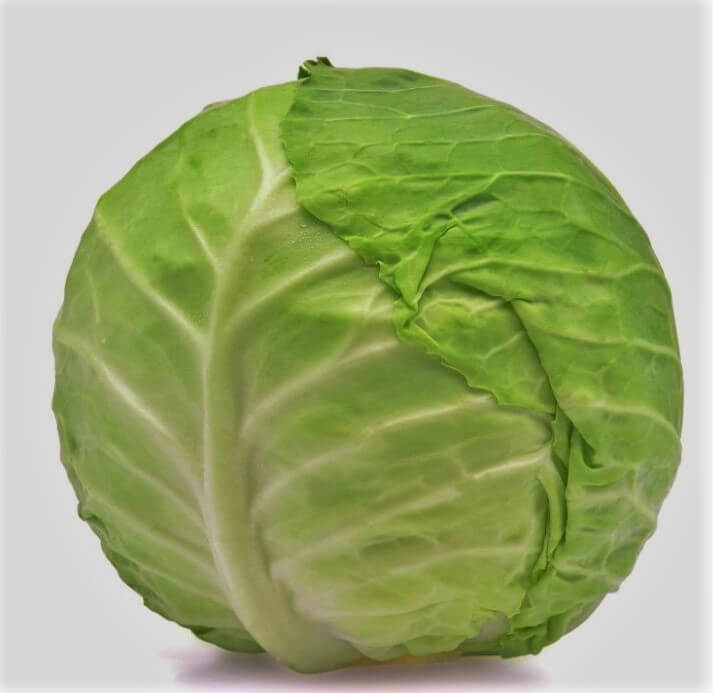
5/7 Beware of radishes
They are antioxidants and cleansers, but they do not suit you if you have hypothyroidism since they also contain goitrogens.
- Instead you can consume fermented carrots or cook them to reduce their negative effect.
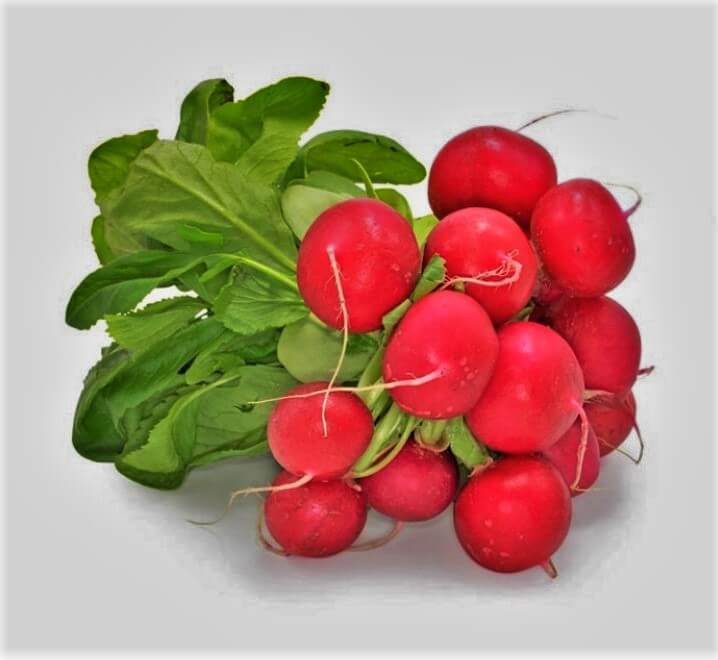
6/7 Cassava and sweet potato
They have substances that compete with iodine, essential for thyroid function.
- As a recommendation, cassava can be pureed and the sweet potato must be well cooked.
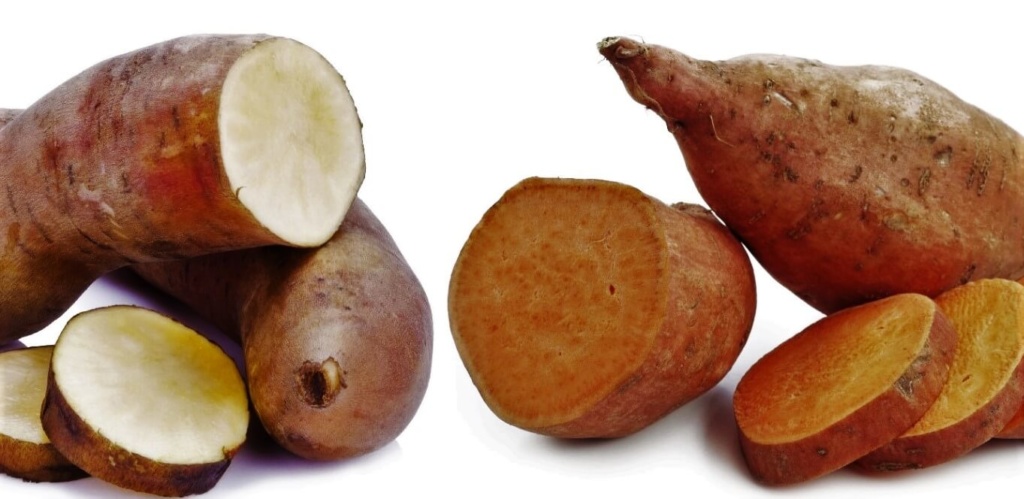
7/7 Liver reduces its presence
If you take it too often, its alpha lipoic acid can interfere with drugs for hypothyroidism.
- Therefore, our recommendation is that you reduce your consumption.
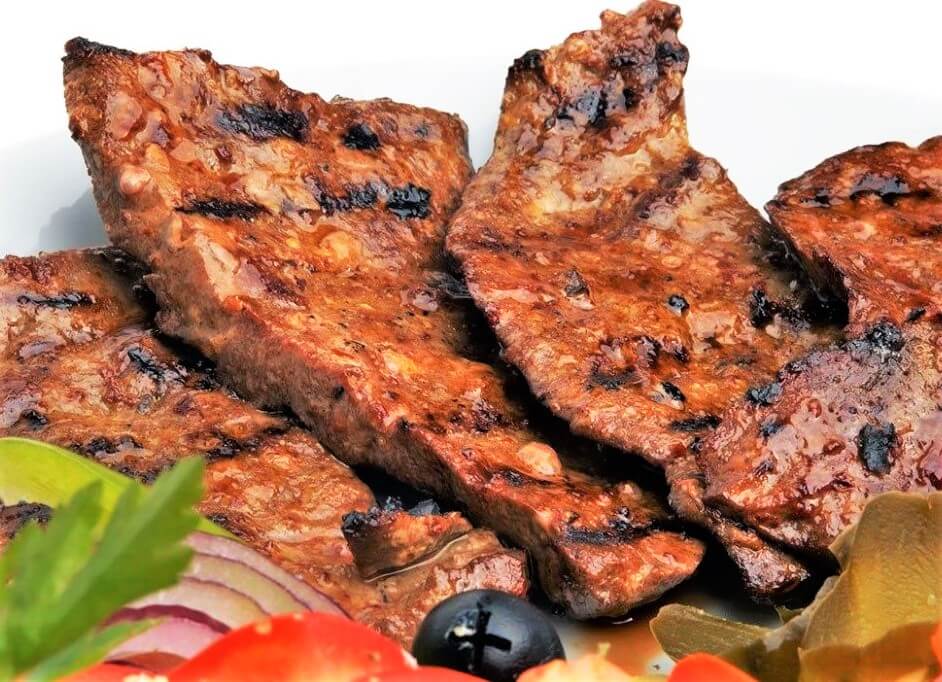
read also:7 Foods That Are Making Your Thyroid Sick
